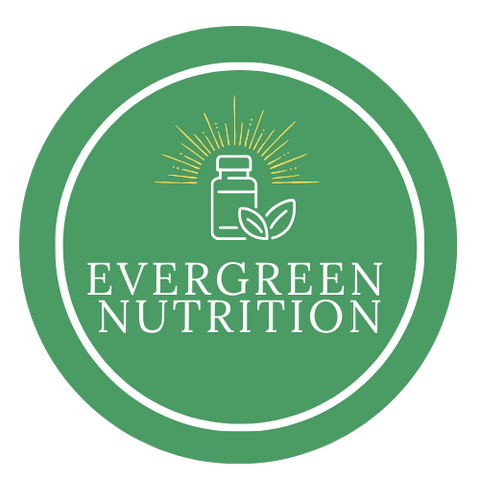Nutritional Support for SAD
Much research seems to point to low levels of important neurotransmitters in people with SAD. Conventional treatment for SAD includes antidepressants. In a nutshell, the amino acid tryptophan converts to5-Hydroxytryptophan (5-HTP) which converts to serotonin which is converted tomelatonin . A healthy mood is dependent upon a balance of these with serotonin of primary importance. Approaching treatment from a nutritional perspective, we know that the pathways involving tryptophan, serotonin and melatonin require multiple co-factors for proper production and balance.SAMe
One supplement which may be extremely beneficial for alleviating SAD is the amino acid derivative S-adenosyl-L-methionine,SAMe for short. This compound is manufactured within the body and is required for the conversion pathway of serotonin.By virtue of raising serotonin levels quickly, it enhances mood and relieves depression. Many studies have confirmed that SAMe is significantly more effective for the treatment of depression than traditional pharmaceutical antidepressants. The suggested dosage for SAMe is 200-400 mg daily.
Vitamin D
By now everyone knowsvitamin D as the sunshine vitamin. Since a lack of sunlight in the winter months may lead to possible deficiencies in this vitamin, supplementation during this time is wise, particularly here in cloudy, rainy Oregon. Low serum vitamin D levels have been shown to correspond with depression. Also, clinical studies have demonstrated the ability of vitamin D to alleviate the depression that occurs with seasonal affective disorder. Dosages of 2,000-4,000 IU daily are recommended.Magnesium
The importance of this mineral cannot be overstated with regard to general health. Vital for healthy cardiovascular function and nervous system support, supplementation withmagnesium may help to normalize and improve sleep patterns.This mineral supports the serotonin transmitter pathway, and research suggests that low levels may be associated with dysregulation of the biological clock.



